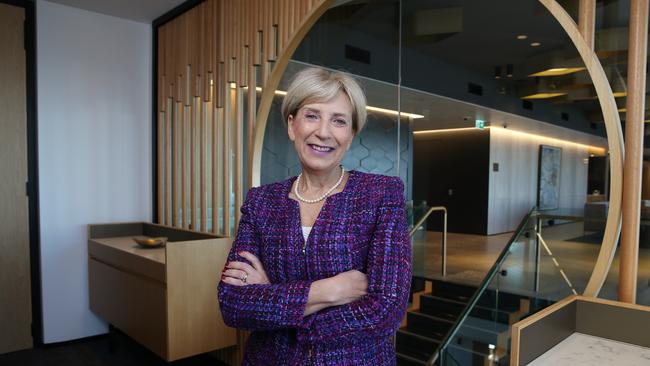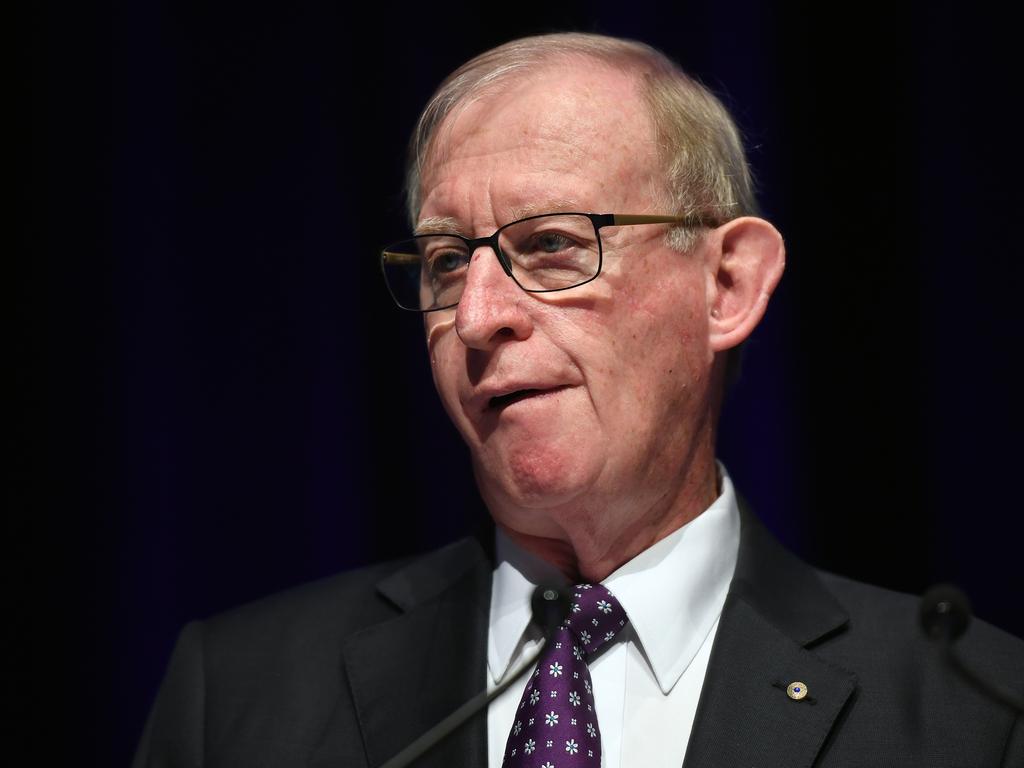Geopolitical tensions put rare earths front and centre
Demand for its core rare earths products is holding up well through the coronavirus crisis.

Lynas managing director Amanda Lacaze says demand for its core rare earths products is holding up well through the coronavirus crisis, despite the company posting a 41 per cent fall in earnings and a $19.4m net loss for the year.
But geopolitical tensions have put rare earths at the centre of the political as well as commercial world, and Lynas is believed to have had little trouble in attracting institutional interest in its $425m capital raising, launched as the company lodged its annual financial results with the market on Monday.
And despite most Australian mining companies having said they were unaffected by the coronavirus, Lynas also disclosed on Monday it had claimed the federal government’s JobKeeper payments for workers at its Mt Weld rare earths mine in WA, blaming the need for the payments on the shutdown of its Malaysian plant in April due to coronavirus lockdowns in that country.
Ms Lacaze told The Australian that, even though Lynas is running its rare earths processing facility at 75 per cent capacity, the impact of the coronavirus crisis has had a major impact on demand for its products, with car sales falling even as the electric vehicle market remained stable.
“We’re certainly in a better place than many others. But a lot of our products find their way in the automotive market,and the automotive market – various markets have dropped by 20 per cent,” she said.
“For us, the key drivers of growth are hybrid and electric vehicles and they have actually remained steady and in some markets are continuing to grow. So we’re not seeing a huge effect from that. And the other large consumption is big block magnets, which are used in wind turbines and that’s quite buoyant.”
“So we’re being prudent running our plant at 75 per cent capacity, and we’re just not putting any supply side pressure into the market. But we have the ability to dial that up if the market starts to grow again at the rate we were seeing last year.”
Lynas booked revenue of $305.1m for the year, down 16.1 per cent from the previous financial year, and earnings before interest, tax, depreciation and amortisation of $59.7m, down 40.7 per cent.
But it said it had net operating cash flows of $32.1m for the year, despite the temporary shutdown in Malaysia, which lasted for about six weeks.
Lynas booked $961,000 in revenue from JobKeeper and Malaysian business assistance measures, and Ms Lacaze said the company had only needed to take the Australian wage subsidy because of the Malaysian lockdown.
“We met the criterion because we could not produce revenue out of our activities. We were shut down in Malaysia for 44 days and that put a big dent in our revenue and EBITDA for the year,” she said.
“We continued to pay all of our people, even those who have not been able to travel across state borders. We’ve paid our people whether they’re onsite or shift, or whether they’re working from home. It’s a relatively small amount, but it was certainly welcome given the size of the hit we have taken as a result of COVID-19 restrictions.”
The Lynas boss said cash from the $425m equity raising – including a fully underwritten institutional placement and a one for 7.7 pro-rata accelerated non-renounceable entitlement offer at $2.30 a share – would fund the company’s long-term growth projects. That includes the Kalgoorlie Rare Earth Processing Facility that will produce mixed rare-earth carbonate for shipment to Lynas Malaysia, as well as upgrades to its facility in the Southeast Asian country.
Lynas shares did not trade on Monday as the company completed the raising, and closed last week at $2.61.






To join the conversation, please log in. Don't have an account? Register
Join the conversation, you are commenting as Logout